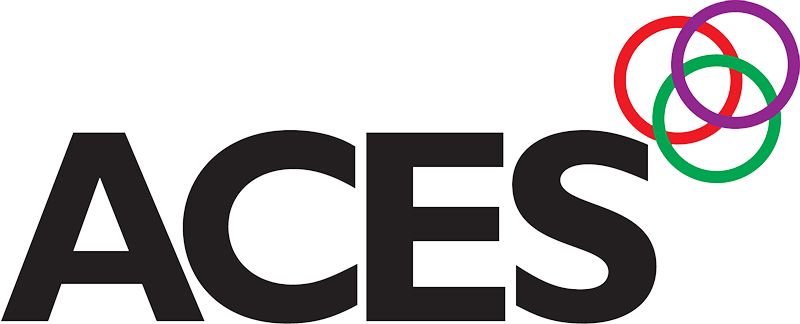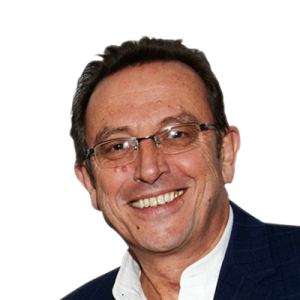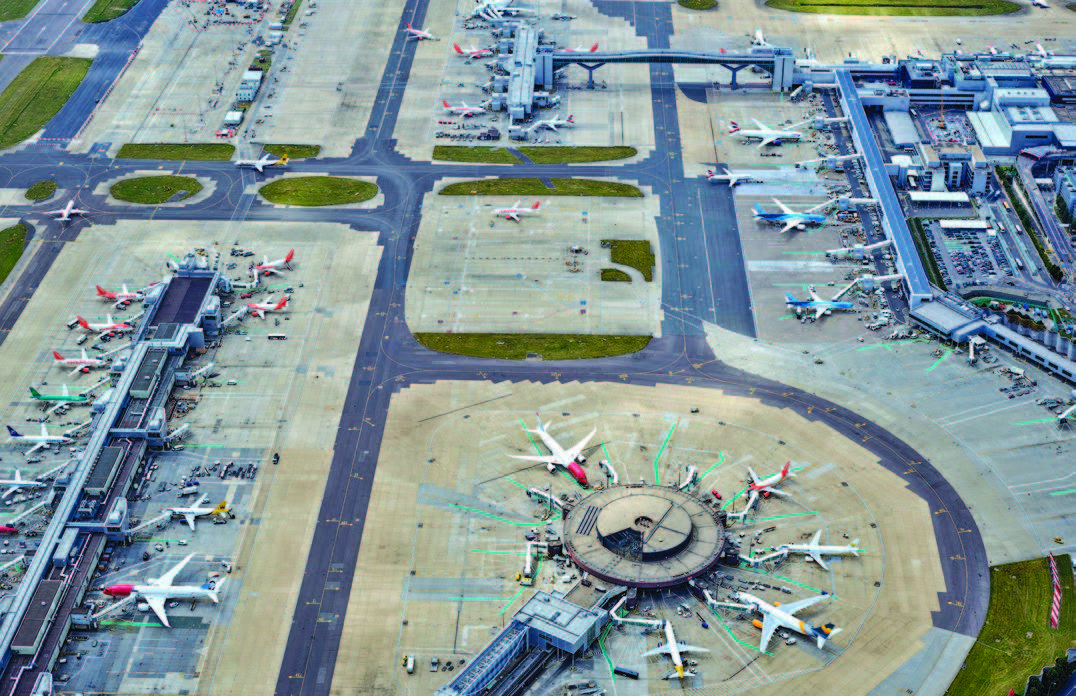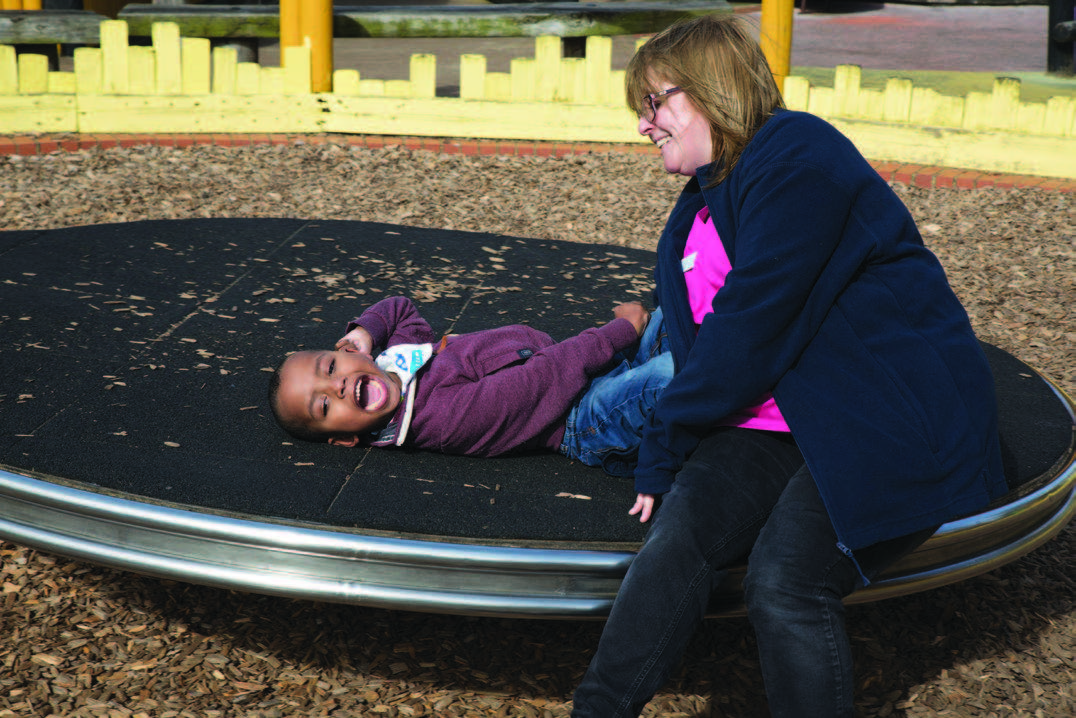
Amazon was created by one of the most disruptive of the modern day business pioneers, Jeff Bezos. Maarten Hoffmann profiles the maverick whose ambitions are not limited to just our planet!
Never has an individual so deserved the comparison to a James Bond villain as Jeff Bezos, founder of Amazon.com and space explorer extraordinaire. Especially after seeing photographs of Bezos looking a bit too excited recently when he piloted a 13-foot Avatar-style robot at a tech conference in Boston. As the founder of Amazon, no one man has such profound effect on the shopping habits of the population of planet Earth, and the slow death of the high street, with intentions to conquer other planets in our solar system. Amazon Pluto, Amazon Mars - personally, l wouldn’t bet against it.
His stockpile of riches grows by the day. Amazon stock climbed 67% in the past year in part because of the success of its cloud-computing unit, Amazon Web Services and Bezos was the named as the biggest dollar gainer on the Forbes’ 2017 World’s Billionaires List. With a net worth of $72.8 billion, Bezos is now the third richest billionaire in the world, behind Microsoft co-founder Bill Gates and Berkshire Hathaway Chairman and CEO, Warren Buffett.
Bezos took a, by now, familiar route through education, excelling at just about everything. Born to teenager Jacklyn Gise and Ted Jorgensen in 1964, his parents divorced and his mother remarried a Cuban immigrant, Miguel Bezos, when he was four. He was very close to his maternal grandfather, who worked for the US Atomic Energy Commission and slowly built up a considerable land holding in Texas. With this all passing to Jeff, he became the largest private land owner in the Lone Star state.
When the family moved to Florida, Bezos enrolled in the Miami Palmetto Senior High School. He attended the Science Training Programme at the University of Florida, receiving a Bachelor of Science degree in electrical engineering and computer science. After his move to Princeton, he was elected to the honour societies Phi Beta Kappa and Tau Beta Pi and served as the president of the Princeton chapter of the Exploration and Development of Space.
That would certainly have inspired his love of space, and the fact that, as a three year old, he was found in his room having totally dismantled his cot, piece by piece, demonstrated his interest in engineering.
Following various jobs on Wall Street and with the Bankers Trust, Bezos took a drive cross-country from New York to Seattle and wrote the business plan for Amazon along the way. Initially, he ran the company from his garage, having learnt about the rapid growth of the internet and, more importantly, this coincided with a Supreme Court ruling that mail order catalogues were not required to collect sales tax in states where they lack a physical presence. The thought that an internet company that sells goods across the country would not be subject to sales tax sparked the notion that this was a winner - and sparked the furore about such companies not paying tax in countries in which they trade but do not reside, immediately making their goods cheaper than any bricks-and-mortar store.
Bezos worked night and day on the development of the business and became known as “a happy go lucky mogul and a notorious micromanager” who left no stone unturned and no job undone.
He was particularly upset when the New York Times wrote a scathing article entitled Inside Amazon: Wrestling big ideas in a Bruising Workplace and described Amazon as “a soulless, dystopian workplace where no fun is to be had and no laughter heard,” although they could not find a single worker who agreed with this insulting description.
The insults continued apace, with the International Trade Union Confederation (ITUC) voting him the World’s Worst Boss at their World Congress in 2014. In making the award, General Secretary Sharan Burrow said, “Jeff Bezos represents the inhumanity of employers who are proving the American corporate model,” and an article in the Morning Call newspaper described working for Amazon as gruelling and inhumane, with many employees being terminated or quitting.
As a riposte to the New York Times article, Bezos purchased the Washington Post in 2013 for $250 million of his own cash and proceeded to publish a long and complimentary profile of his activities and beliefs.
His ethos with all of his companies is quite simple: “Starting with customers, working backwards – that’s the kind of thing that has become a habit at Amazon,” says Bezos, when asked how the company remains innovative despite its size, having grown from three employees to in excess of 150,000 staff around the world, including 9,000 in the UK.
“We also have an eagerness to invent that is a deep part of our culture, as is a willingness to think long-term. We can work on things that don’t need to work for five, six, seven years…there aren’t many companies willing to take that kind of time horizon.
“And then, finally, a culture of operational excellence, and I mean that in the sense that Toyota might mean it. Finding defects, doing root cause analysis, working to fix things - that kind of operational excellence has also become a big part of who we are. So when you apply those four things (trust, invention, investment, and operational excellence) they work in a lot of different parts of our business.”
“The original Amazon plan was focused exclusively on books, and I expected the company to grow slowly over a large number of years. But it actually grew very quickly right from the beginning.
“These are very humble roots, I can assure you; I drove the packages to the Post Office in my old Chevy Blazer.”
The company is now worth in excess of $245bn, and generated an unexpected profit of $92m on sales of $23.2bn in the second three months of 2015. The profit was a rarity in Amazon earnings releases; Bezos prefers to reinvest earnings rather than return them to shareholders.
At the company’s heart, whether it has been going up against book retailers or publishers or even other technology giants such as eBay, appears to have been one concept: disruption.
But Bezos doesn’t wholly agree. “Disruption is a consequence of customers liking the new way. Maybe it’s just a mindset…but a better mindset, and one that we use, is: How do you delight customers?
“We don’t seek to disrupt, we seek to delight. If you invent something completely new and radical and customers don’t care about it, it’s not disruptive. Radical invention is only disruptive if customers love it.”
Over its relatively young life, Amazon has had its fair share of failures, from its $175m investment in daily deal site LivingSocial to the Amazon Fire phone. But they have been more than outweighed by its successes. “Our three most durable inventions at this point – and we’re of course always looking for more – are Prime, Marketplace and AWS,” he says.
Prime is its membership club: in exchange for an annual fee, customers get access to the most up-to-date services Amazon has to offer – from one-hour delivery in certain cities to original programmes such as Ripper Street, rescued after being dropped by the BBC, and music streaming and Kindle book-borrowing.
Marketplace allows anyone, from an individual to major companies, to sell products on the Amazon platform, and, thanks to recent innovations, even to have the products delivered by Amazon, opening up export markets and international sales.
AWS – or Amazon Web Services – is the company’s business-focused cloud computing platform, whose customers include Pinterest, AirBnB and Just-Eat. There has been speculation among investors that AWS may be spun off at some point, but Bezos guides against that, saying: “I think that would be a big distraction and, really, there would be very little benefit from it.”
Although Amazon doesn’t strip out financial results for the first two – it only began separating numbers for AWS last year. It is clear each plays its part in delivering the company’s numbers.
“I’m hopeful we might find a fourth over time; we have many things in the pipeline. But I would say those three are at the top of the list of the things we’ve created over the last 20 years that have a good chance, as long as we continue to work hard, of being here 10 years from now, 20 years from now.”
But Clarkson and Co. are far from the only new innovation Bezos is backing. As the company seeks to find a fourth important business line, small teams – Amazon has a two-pizza rule, which stipulates that no meeting should involve more people than could be fed by two pizzas – are working on the next big bet.
One of these is drone delivery, first flagged by Bezos 18 months ago in an interview with American broadcaster Charlie Rose.
The drones, or Prime Air to give the project its official name, are being worked on in a number of research centres, including one in Cambridge (in the UK, not Massachusetts).
“One day Prime Air deliveries will be as common as seeing a mail truck,” says Bezos. “The technical problems are very straight-ahead. The biggest issue, or the biggest thing that needs to be worked on, is the regulatory side.” Although tight-lipped about which country the service will launch in first, Bezos hints strongly that the UK is near the front of the pack. “What I would say is that in the scheme of things the UK regulatory agencies have been very advanced. The FAA (the US aviation regulator) is catching up a little here in the US, but the UK has been a very encouraging example of good regulation. I think we like what we see there.”
Given his rather considered management quirks – he doesn’t allow PowerPoint presentations, as he believes bullet points don’t convey quality information, and rotates senior managers as his “shadow” every 12 to 18 months to create “ambassadors” around the business who can model his thinking – Bezos is a little less considered when it comes to managing his own money. “I just get all weak-kneed around entrepreneurs. I just love it. If I have a meeting with an entrepreneur, I’m always charmed by them,” he smiles.
Is it important to him to share his wealth with fellow inventors?
“Absolutely. In my personal investments I’m mostly doing things that I’m curious about. And passionate about. In many cases I don’t necessarily expect them to be good investments.”
His list of personal investments is wide-ranging, from tech companies, including Uber and AirBnB, to more unusual projects, such as the 10,000-Year Clock in the San Diablo mountain range in California, to a centre at Princeton, his alma mater, dedicated to neural circuit dynamics (understanding how the brain works).
Despite any investment distractions, Bezos remains focused on the job in hand, even 20 years on.
“I’ve liked every phase of the company. I loved the beginning, and I love it just as much now,” he says.
“I took my extended family on vacation in the south of France, and we had an unbelievable time, and we had great food, and we were there for a week.
“But when I got back to Seattle, I ran into the office, I danced in. I love my job and consider myself incredibly lucky – and that’s been true for 20 years, it hasn’t changed.”
Can he see himself at the helm in another 20 years, by which point he’ll be in his 70s? “I hope so. Almost all the people I work with on a daily basis are paid volunteers. At this point I’ve been working with them for more than a decade, and they can do whatever they want; they could be sipping margaritas on a beach, but they’re here. Paid volunteers are the best people to work with, as they’re here for the right reasons. I have a team of people that I love. And we get to work in the future, and that’s so fun, so I hope so.”
Like so many other multi-billionaires, his secret love is space travel, and this led to the formation of his company Blue Origin - a company that was kept top-secret for many years whilst he and a phalanx of top engineers burrowed away, wrestling with the extreme complexity of the mission. Elon Musk, the Tesla Car company founder, and our own Richard Branson, with his Virgin Galactica, are all at it. Planet Earth has been conquered; therefore, there really is only one mission left for these super over-achievers, and that is to find another planet to build a customer base on.
Reusable rockets are the holy grail of space travel, and that is exactly what Bezos has been working on. His New Shepard rocket booster took off last November and safely returned to earth in one piece. “I was very optimistic about the flight, but I’ll tell you, when I saw that vehicle land, it was one of the greatest moments of my life. Judging by the fact that there wasn’t a dry eye in the house, I’m pretty sure all my teammates here at Blue felt the same way. This is a field that people go into in large part because of real heart and passion, and that team did a remarkable job. It was just incredible.”
For Bezos that isn’t a mission impossible, it’s what the last 20 years have been all about.
“Full re-use is the holy grail of rocketry. You cannot throw the hardware away every time and expect to ever realistically lower the cost of access to space. It’s just impossible. What we did is an existence proof that you can vertically land from space and reuse the rocket booster. Our architecture is scalable to a very large size. So I’m super-excited about that. It’s something that puts us – and not just Blue Origin, but it’s something that puts humanity on the path to eventually having millions of people living and working in space.
“For the tourism programme, I’m hopeful that we’re a couple of years away from commercial operations at this point. We consider this the first of many successful test flights. We’re going to conduct a very thorough, very deliberate test program. For the next couple of years, we’re going to fly this vehicle many, many times and put it through a lot of stressing conditions. When we’re completely confident in the vehicle, then we’re going to start selling tickets and putting people on board. That’s very exciting.
“As for what it means for our orbital vehicle, one of the reasons I love the vertical-takeoff, vertical-landing architecture is that it’s so scalable. We’re going to take the same architecture we just validated with New Shepard, but at larger scale with our BE-4 engines, and have a completely reusable vertical-landing booster for the orbital vehicle that we’re going to fly out of Cape Canaveral”.
Branson has made no secret of his desire to be the first to fly in Galactica and l wonder if Bezos feels the same way?
“I can’t wait to go! I’ve wanted to do this since I was 5 years old. One thing I love about our vehicle architecture is that it flies autonomously, so we can do this very methodical test program without risking any test pilots. We’ll go through this for the next couple of years, and then I can’t wait to climb into that vehicle”.
So if the BBC (Billionaire Boys Club) get their way, we will all be flying into space within a decade, and, of course, paying them for the privilege, but if governments can no longer afford to explore the possibilities of space travel, then thank goodness the BBC can. The rate at which the human race is burning through the resources of planet Earth, we are going to need somewhere else to go when we finally destroy this planet. We can only hope that we learn the lesson and don’t just destroy every planet we inhabit.





